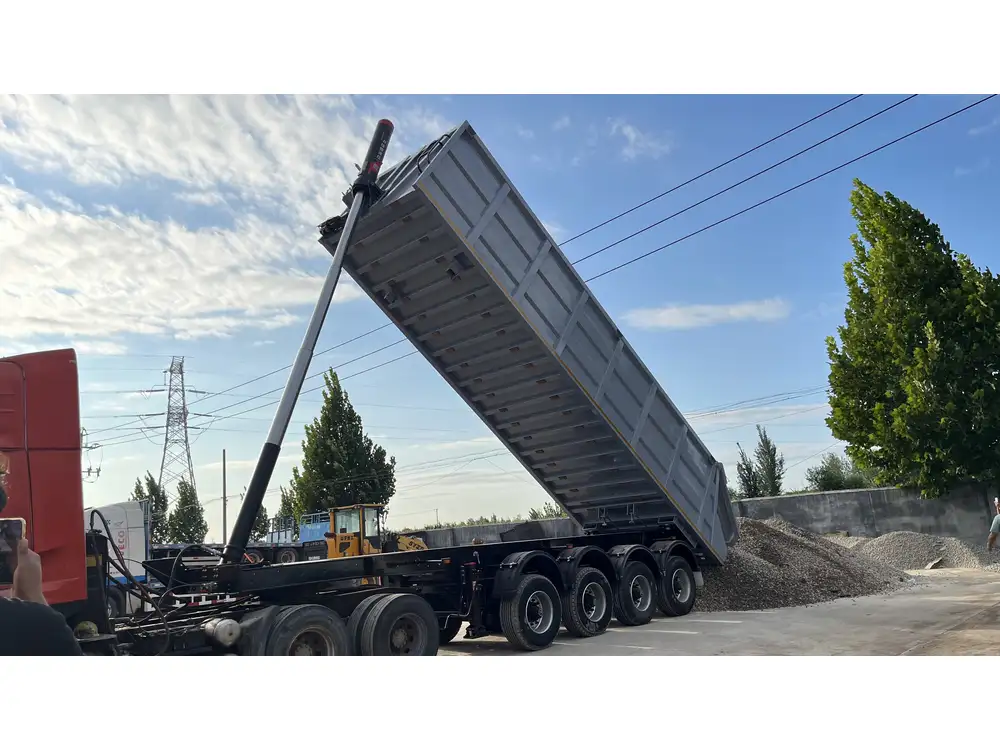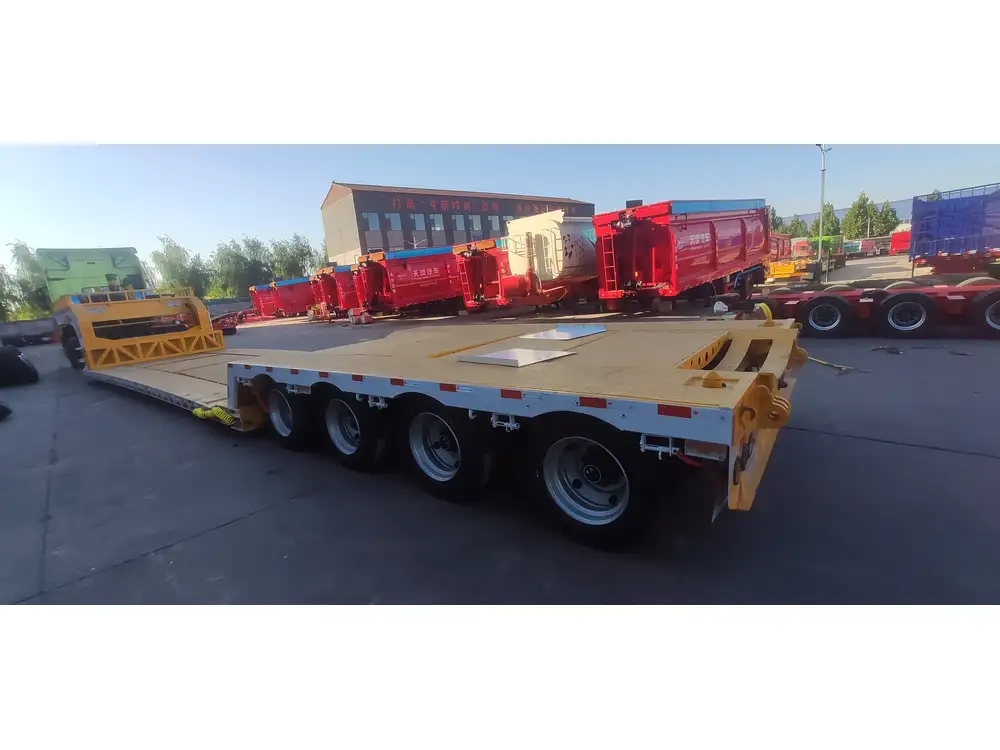When it comes to moving or transporting goods, understanding the specifications of equipment is crucial. One common option for small-scale logistics is the small U-Haul trailer, widely recognized for its convenience and flexibility. However, one question frequently arises: How much does a small U-Haul trailer weigh? This comprehensive guide aims to delve deep into this topic while addressing various pertinent aspects, questions, and considerations associated with U-Haul trailers.
Overview of U-Haul Trailers
U-Haul is synonymous with moving services, offering a variety of trailer sizes to cater to different needs. These trailers are designed to accommodate diverse cargo types, ranging from furniture to boxes and various household items. Among their lineup, the small trailers are particularly popular due to their manageable size and towing convenience.
Types of Small U-Haul Trailers
5’x8′ Cargo Trailer
- Dimensions: 5 feet by 8 feet
- Ideal for small moves, like studio apartments.
- Well-suited for furniture, appliances, and boxes.
4’x8′ Utility Trailer
- Dimensions: 4 feet by 8 feet
- Open design, perfect for items that won’t fit in a closed trailer.
- Great for transporting recreational vehicles, camping gear, etc.

Weight Specifications
The weight of a small U-Haul trailer can drastically influence your moving experience. It affects towing capacity, vehicle choices, and fuel consumption during transportation. The specific weights of common U-Haul small trailers are:
| Trailer Type | Empty Weight | Load Capacity | Gross Vehicle Weight Rating (GVWR) |
|---|---|---|---|
| 5′ x 8′ Cargo | 850 lbs | 1,800 lbs | 2,650 lbs |
| 4′ x 8′ Utility | 800 lbs | 1,900 lbs | 2,700 lbs |
Understanding Trailer Weight
Understanding the weight of trailers is essential for safe and effective transit. Here’s why the empty weight, load capacity, and GVWR matter.
Empty Weight
The empty weight of a trailer refers to how much it weighs without any cargo. This weight is pivotal because it determines how much additional weight can be safely towed by your vehicle. For instance, to ensure a safe and efficient transport, your towing vehicle must have an adequate towing capacity that exceeds the total weight (empty weight plus your cargo weight).

Load Capacity
This represents the maximum weight the trailer can carry. It directly influences the amount of belongings you can transport. While you might be tempted to load it to its full capacity, consider the combination of the trailer’s empty weight and load capacity, ensuring your total weight remains within safe limits.
Gross Vehicle Weight Rating (GVWR)
The GVWR is the sum of the trailer’s empty weight plus its load capacity. It sets an upper limit on how much weight a specific trailer can safely handle without risking structural integrity. Exceeding this weight opens the door to grave safety hazards, including brake failures and loss of control during transit.
Towing Considerations
Before embarking on your journey with a small U-Haul trailer, there are critical factors to consider regarding your towing vehicle:

Vehicle Compatibility
Towing Capacity
- Ensure your vehicle can safely tow the total weight of the trailer plus the load. Most towing vehicles come with specifications indicating their maximum towing capacity.
Vehicle Type
- Sedans, SUVs, and trucks have varying towing capacities. It’s prudent to consult your vehicle’s manual for specific guidelines.
Hitch and Connector Type
The trailer hitch used with your vehicle must be compatible with the trailer size and type. There are several hitch classes, ranging from Class I for lightweight towing (up to 2,000 lbs) to Class V for extreme towing needs (over 10,000 lbs).
Safety Features
- Braking System: Some larger trailers require a braking system to ensure safe stopping. Always check if your U-Haul trailer requires this, especially when fully loaded.
- Tires and Maintenance: Regular inspections of tire pressure, tread condition, and overall maintenance can thwart issues on the road.

Loading Your U-Haul Trailer Safely
Once the trailer is secured to your towing vehicle, the next step is safely loading the trailer. This is a critical aspect that can heavily influence driving dynamics and safety.
Load Distribution
- Balance: Proper weight distribution is essential. Load heavier items towards the front of the trailer and lighter items towards the back to prevent swaying.
- Even Distribution: Ensure the load is evenly distributed side to side to prevent undue strain on the towing vehicle and the trailer.
Securing Your Load
To minimize movement during transit, securing the load is paramount. Utilizing straps, tarps, and other securing methods can keep your belongings in place throughout your journey.

Cost Considerations
When considering a small U-Haul trailer for your next move, it’s vital to weigh the costs associated with renting.
| Cost Component | Estimated Price Range |
|---|---|
| Rental Fee (Daily) | $14 to $29 |
| Mileage Charges | $0.40 – $0.99 per mile |
| Additional Equipment (Towing) | $25 to $50 |
Hidden Fees
- Additional Mileage: Excess travel beyond the allotted distance can significantly inflate costs.
- Insurance: Consider taking out insurance to protect against potential damage to the trailer or your cargo.
Environmental Considerations
Using a trailer can be a more environmentally friendly option than multiple trips in a moving truck, reducing fuel consumption. However, being mindful of your vehicle’s emissions while towing is crucial.

Fuel Efficiency and Towing
Towing a trailer naturally affects fuel efficiency. Your vehicle might consume more fuel as more weight translates to a higher energy demand. To limit fuel costs and emissions:
- Drive Smoothly: Avoid sudden accelerations and stops.
- Maintain Speed: Keep a steady speed to optimize fuel consumption.
- Route Planning: Choose the most concise routes to reduce overall mileage.
Conclusion
In navigating the logistics of moving with a U-Haul trailer, understanding the nuances of weight, load distribution, costs, and towing specifics is invaluable. The primary question, how much does a small U-Haul trailer weigh? is fundamental, yet it opens the door to a series of considerations that can significantly impact your move.
A well-informed approach will allow you to make better decisions, ensuring a smoother transition for you and your belongings. Whether you are embarking on a small move or simply need additional space for transporting goods, the small U-Haul trailers represent a flexible and effective solution, provided one navigates the intricacies wisely.
By utilizing this comprehensive guide, we hope drivers can better prepare and execute their transport needs efficiently and safely, ultimately leading to a hassle-free moving experience.



